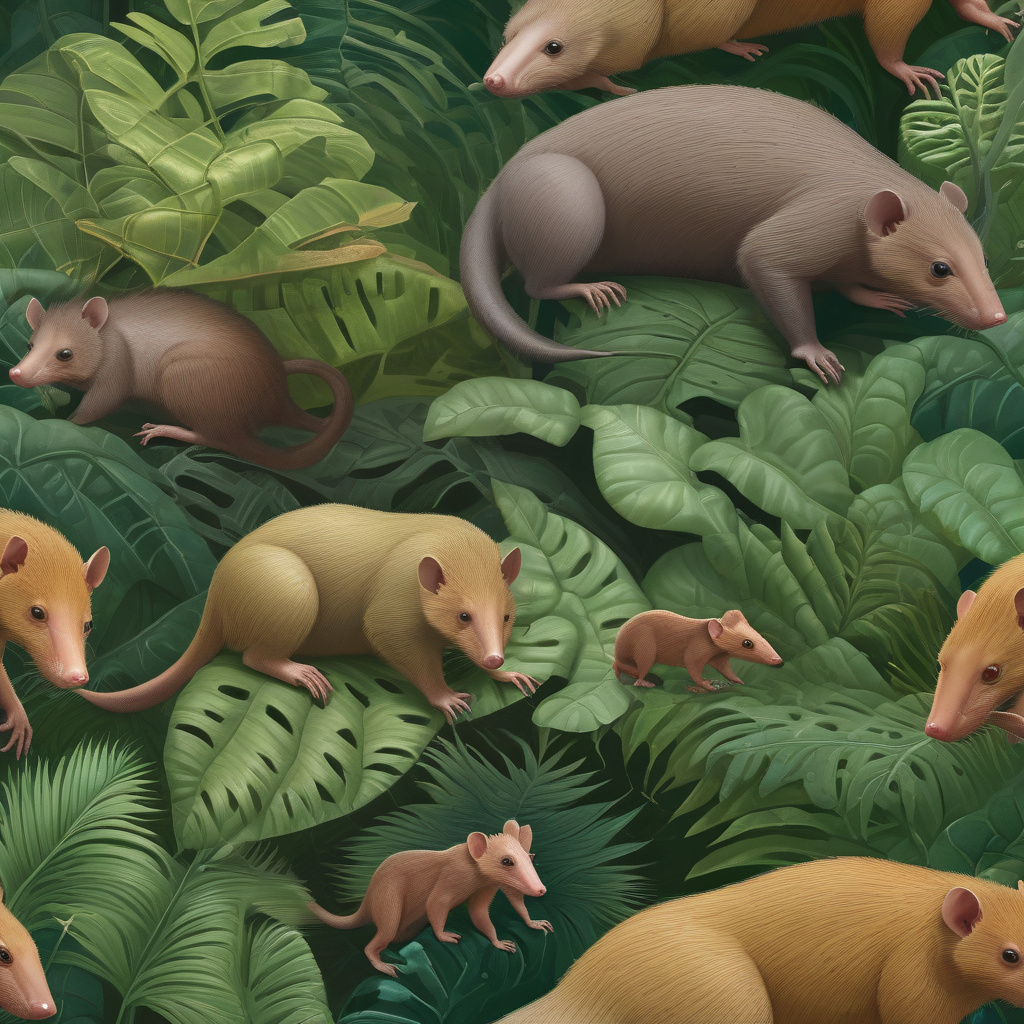“Reviving History: The Rediscovery of Attenborough’s Long-Beaked Echidna in Indonesia”
Scientists have confirmed the rediscovery of Attenborough’s long-beaked echidna, a species previously thought to be extinct for over 50 years. This incredible find has sparked excitement and fascination among the scientific community, shedding light on the importance of conservation efforts and the resilience of nature.
The Attenborough’s long-beaked echidna, also known as Zaglossus attenboroughi, is a rare and elusive mammal that belongs to the monotreme group, which includes egg-laying mammals like the platypus. Named after the renowned naturalist Sir David Attenborough, this unique creature was last sighted in the wild in the 1960s, leading many to believe that it had vanished forever.
However, a recent expedition to the Cyclops Mountains in Indonesia’s Papua province has yielded remarkable results. A team of biologists and conservationists stumbled upon a living specimen of the Attenborough’s long-beaked echidna, capturing photos and videos as evidence of its existence. This groundbreaking discovery has reignited hopes for the conservation of this rare species and highlighted the importance of preserving its natural habitat.
The rediscovery of the Attenborough’s long-beaked echidna serves as a reminder of the concept of “living fossils” – species that have remained unchanged for millions of years. These living relics provide valuable insights into evolutionary history and the interconnectedness of all living organisms on Earth. By studying and protecting these ancient species, scientists can unlock secrets of the past and gain a better understanding of the world we live in today.
Conservation efforts play a crucial role in safeguarding endangered species like the Attenborough’s long-beaked echidna. Habitat destruction, climate change, and human activities pose significant threats to the survival of these unique creatures. Through initiatives such as protected areas, captive breeding programs, and community engagement, we can work towards ensuring a sustainable future for the Attenborough’s long-beaked echidna and other vulnerable species.
The rediscovery of the Attenborough’s long-beaked echidna in Indonesia is a testament to the resilience of nature and the dedication of scientists to uncovering the mysteries of the natural world. By continuing to explore, study, and protect our planet’s biodiversity, we can create a more sustainable future for all living beings, both ancient and modern.
In conclusion, the rediscovery of Attenborough’s long-beaked echidna in Indonesia is a significant milestone in the field of conservation biology. This remarkable find highlights the importance of preserving biodiversity and the need for ongoing efforts to protect endangered species. By celebrating and learning from these living fossils, we can ensure a brighter future for our planet and all its inhabitants.
#Conservation, #Biodiversity, #Rediscovery, #EndangeredSpecies, #NaturePreservation












